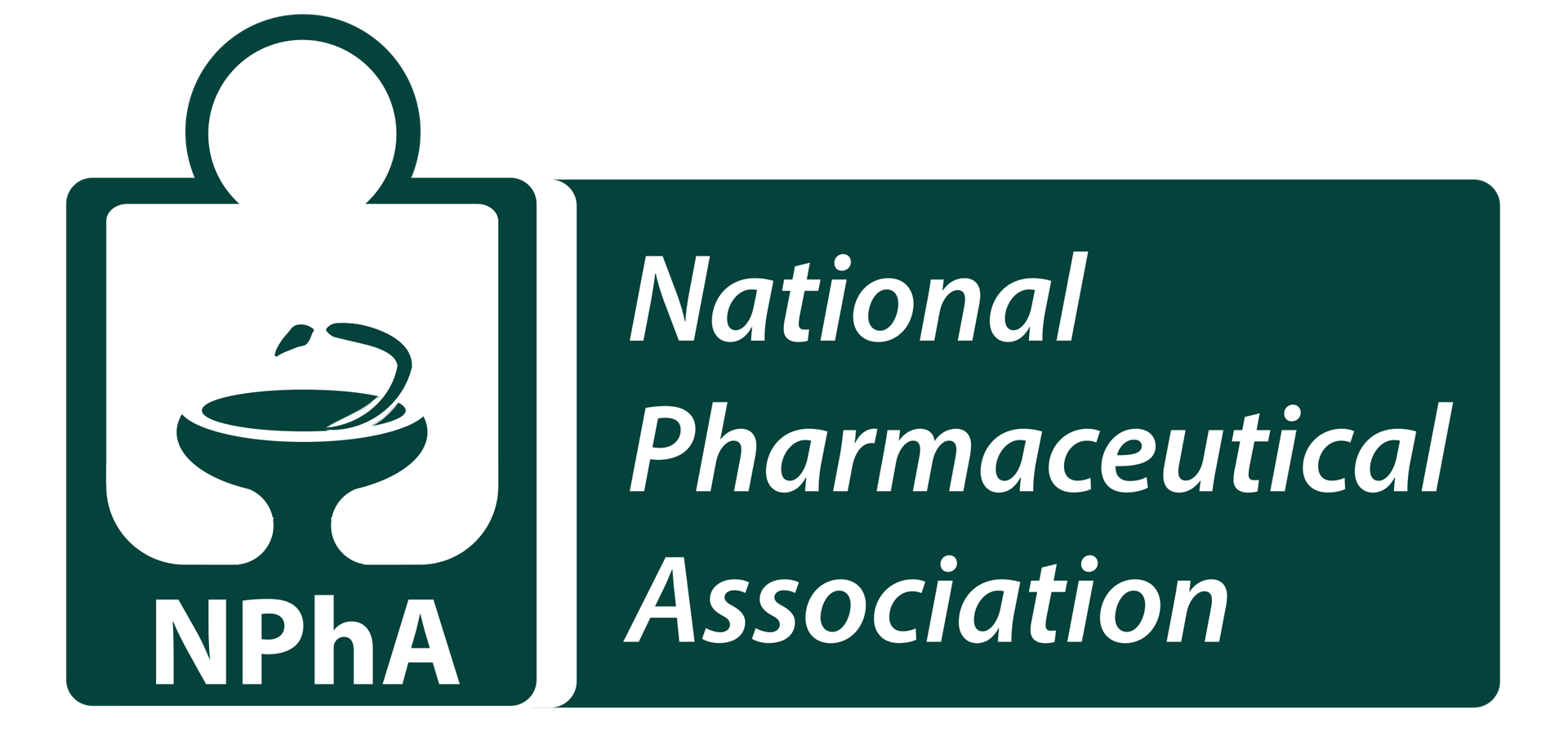NPhA RESOLUTIONS
|
POLICY RECOMMENDATIONS |
July 1, 2022 | NPhA issues statement on Dobbs v. Jackson Women's Health Organization, the decision through which the U.S. Supreme Court overruled both Roe v. Wade and Planned Parenthood v. Casey. June 10, 2022 | NPhA joins with 92 other state and national pharmacy and public health organizations on joint letter to U.S. Health and Human Services Secretary requesting policy clarifications to maintain public access to pandemic-related services at the nation's pharmacies.May 8, 2022 | NPhA joins with 13 other national pharmacy organizations on joint letter to White House on test to treat plan and the need to modify EUAs for oral antivirals and remove limitation preventing pharmacists from ordering these medications. July 23, 2021 | NPhA joins with over 50 organizations to issue joint statement supporting mandatory COVID-19 vaccinations for healthcare workers and long-term care facility employees.February 23, 2021 | NPhA, Society of Infectious Disease Pharmacists (SIDP) issue joint statement demanding equitable access to COVID-19 vaccine. January 8, 2021 | NPhA issues statement on anti-democracy riot in Washington, DCOctober 9, 2020 | NPhA leads national pharmacy organizations in issuing an updated joint statement highlighting the collective actions these organizations have taken to address racial injustices, as well as those actions that remain in progress. September 4, 2020 | Public Listening Session: Discussion Draft of the Preliminary Framework for Equitable Allocation of COVID-19 Vaccine | The National Academies of Sciences, Engineering, and Medicine invited public comment on the Discussion Draft of the Preliminary Framework for Equitable Allocation of COVID-19 Vaccine, commissioned by the Centers for Disease Control and the National Institutes of Health. In the attached joint statement, NPhA joins with 12 other national pharmacy organizations to highlight that a successful vaccination distribution plan for the equitable allocation of COVID-19 vaccine(s) must involve all licensed pharmacists and pharmacies. This statement addresses the important role that pharmacists and pharmacies can play in addressing health care access and health disparities pertaining to COVID-19. August 21, 2020 | "Immunization Providers Need to Work Together to Increase Access to Lifesaving Childhood Vaccines" | NPhA joins 11 other national pharmacy organizations to issue statement celebrating the U.S. Department of Human Services expanding the role of pharmacists in providing vaccines to children. June 5, 2020 | NPhA Leads National Pharmacy Organizations in Issuing Joint Statement Against Racial Injustice. April 3, 2020 | NPhA joins with other national pharmacy associations to issue a set of joint policy recommendations to address the COVID-19 pandemic. |

